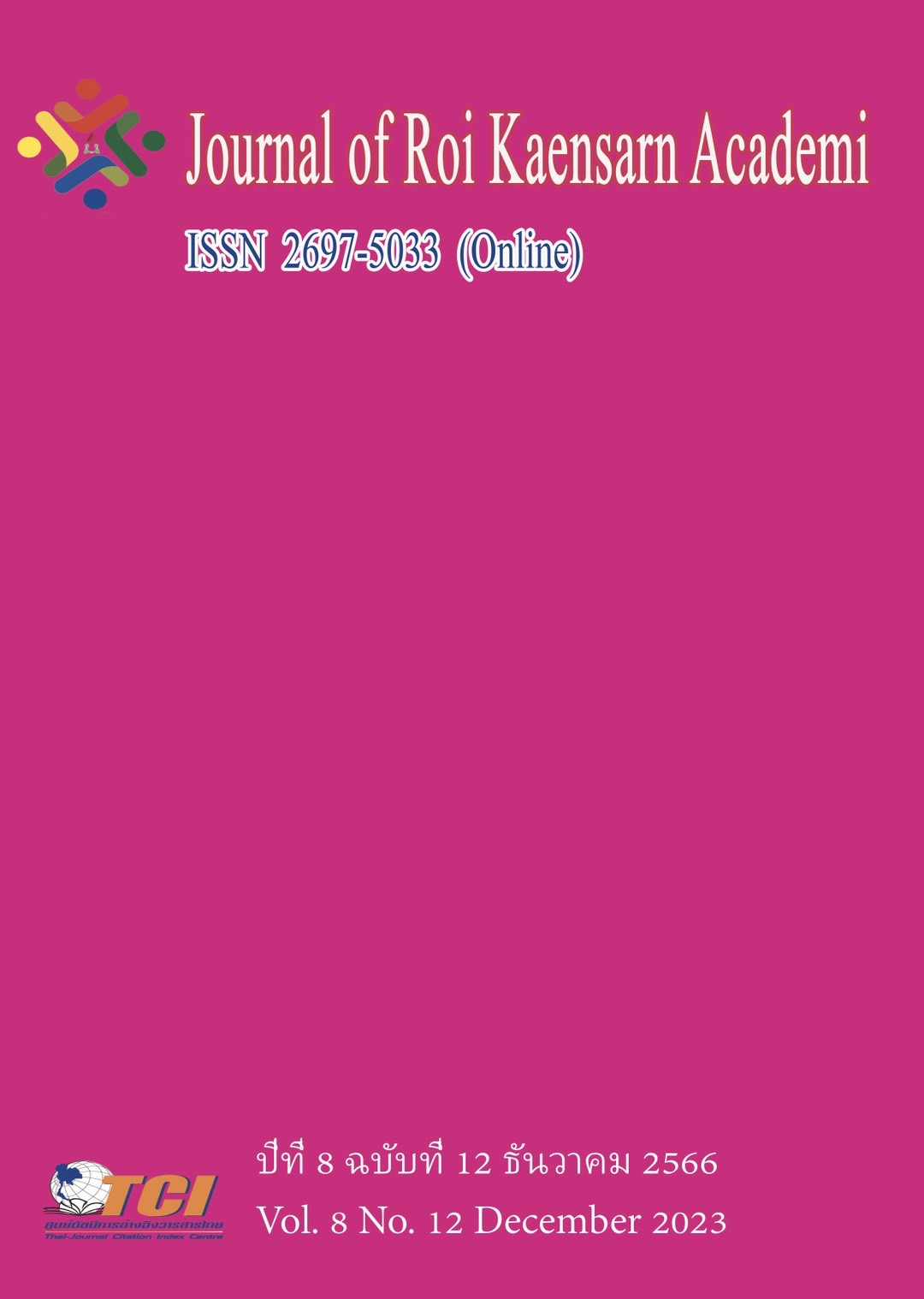Comparative Analysis of Domestic and International College Teacher Evaluations Based on Literature Knowledge Map Analysis
Main Article Content
บทคัดย่อ
Utilizing CNKI and Web of Science databases, this study nalyzes research papers on higher education teacher evaluation published over the past 20-30 years, focusing on "college teachers" and "teacher evaluation" as keywords and employing CiteSpace software to generate knowledge maps of the literature. The analysis reveals that research in China on "college teacher evaluation" is multidimensional. A omparative study between domestic and international research indicates that Chinese research primarily concentrates on the construction and refinement of evaluation systems, whereas international studies tend to focus more on the professional development and psychological well-being of teachers, along with the psychometric properties of evaluation. A global omparison shows significant variations in academic output across different countries in the field of "college teacher evaluation," with the United States leading, followed by Turkey and China. These disparities may stem from differences in each country's educational policies, research funding allocation, academic traditions, and quality assurance mechanisms in education. Overall, this paper provides a comprehensive analysis and valuable perspective in the field of "college teacher evaluation."
Article Details
เอกสารอ้างอิง
Chen Dandan (2021). The Impact of Online Peer Assessment on English Writing Quality from a Dynamic Evaluation Perspective. Foreign Language Electronic Teaching. (02), 17-23+3.
Chen Yue, Chen Chaomei, Liu Zeyuan, Hu Zhigang, Wang Xianwen. (2015). Methodological Functions of CiteSpace Knowledge Maps. Studies in Science of Science. (02), 242-253. doi:10.16192/j.cnki.1003-2053.2015.02.009.
Harjanto, Prabowo., Agustinus, Bandur. (2022). Digital transformation in higher education: Global trends and future research direction. Journal of innovation in business and economics, 5(02) doi: 10.22219/jibe.v5i02.21218
Huang Rongsheng, Cui Jian. (2017). Persisting in Making Moral Education the Central Link. Journal of the National Institute of Education Administration. (01), 9-14.
Linda, Corrin., Kate, Thompson., Gwo-Jen, Hwang., Jason, M., Lodge. (2022). The importance of choosing the right keywords for educational technology publications. Australasian Journal of Educational Technology, doi: 10.14742/ajet.8087
M., T., Tran., Jisu, Jung., Lisa, Unangst., Stephen, Marshall. (2023). New developments in internationalisation of higher education. Higher Education Research & Development, 42(5):1033-1041. doi: 10.1080/07294360.2023.2216062
Mohamed, Ben, Mimoun. (2007). Public education expenditures and socioeconomic performances.
Ronglu, Xia. (2023). Research on Interdisciplinary Education of Chinese Universities in the Digital Economy. BCP business & management, 41:118-122. doi: 10.54691/ bcpbm.v41i.4418
Wang Houxiang, Li Meng (2020). The Connotation, Constituent Elements, and Development Path of Core Competencies of Excellent Teachers. Education Science. (06), 40-46. https://doi.org/10.3969/j.issn.1002-8064.2020.06.007
Zhang Run, Wang Yongbin. (2016). Machine Learning and Its Algorithms and Development Research. Journal of China Media University (Natural Science Edition). (02), 10-18+24. doi:10.16196/j.cnki.issn.1673-4793.2016.02.002.
Zhijing, He., Xin, Yin. (2016). The Research on College English Education Evaluation System. doi: 10.2991/ICEMET-16.2016.95
Zhou Xianglin. (2017). Research on Innovation of College Teacher Teaching Evaluation Methods Centered on Student Learning. Modern University Education. (01), 93-97.

